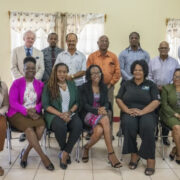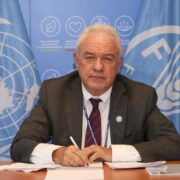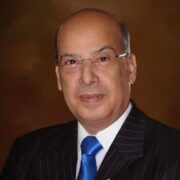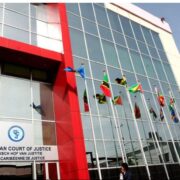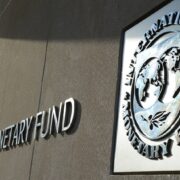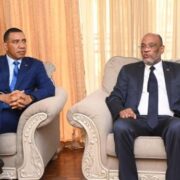Tangible progress cited on implementing UNESCO projects in St. Kitts and Nevis
Black Immigrant Daily News
Following sharply on the heels of two UNESCO technical expert study visits and capitalizing on the arrival of Ambassador to UNESCO, David Doyle, to the federation, the St. Kitts and Nevis UNESCO Secretariat convened a meeting of the National Commission on Wednesday.
The meeting was held at the Red Cross Building at Horsford Road, Basseterre, and chaired by Project Officer, Shirmel Dore-Henry.
Minister for Education Dr. Geoffrey Hanley, who oversees the UNESCO portfolio was in attendance to meet and greet the members of the commission. The Permanent Delegate to UNESCO in Paris, Ambassador David Doyle, briefed the National Commission stakeholders on several UNESCO technical assistance interventions.
Secretary-General to the National Commission, Dorothy Warner stated in her welcoming remarks, “These are exciting times at the Secretariat. We are grateful for this opportunity for the local focal contact persons to share with the Commission members and Minister Hanley on a range of particularly productive technical assistance interventions by UNESCO.”
The presentations/updates and presenters were as follows:
Intangible Cultural Heritage, Marlene Phillips.
Anti-Doping in Sport and Implementation of the National Sport Policy, Shawn Seabrookes.
SKN Accreditation Enhancement Initiative (phase 2), Trisha Francis.
Professionalisation and Standardisation of the Teaching Services in SKN, Carla Diamond.
Optimising the Use of Water Catchments and Aquifers in SKN, Dr Leighton Naraine.
St. Mary’s Biosphere Reserve MAB Earth Science Network Project, Telca Wallace
In his brief address to the gathering, Minister Hanley stated, “I recognise the importance of all these UNESCO projects in strengthening our institutional capacity and I wish to commend UNESCO, the Ambassador, National Commission, Secretariat and indeed everyone for your input.”
Ambassador Doyle noted that in the past year, St. Kitts and Nevis has secured some US$ 260,000.00 towards technical capacity-building assistance from this specialized UN agency. The funds are to be dispersed over seven projects being implemented across the twin-island federation. He emphasized, “Valuable expertise is being deployed by UNESCO to St. Kitts and Nevis in areas as diverse as developing solid education policy framework, to identifying suitable cultural heritage sites; from measuring the efficiency of the country’s water aquifers to compiling elements of inter-generational intangible cultural heritage to be preserved and protected.”
It was noted that the first in a series of study visits to the St. Mary’s Man and Biosphere reserve had recently been completed by a leading UNESCO-accredited biosphere expert, to advise on transforming the reserve into a sustainable and biodiversity-led agricultural environment. Also worthy of note is that St. Kitts and Nevis is the only SIDs to benefit from funds to develop a policy Framework for Education for Sustainable Development (ESD).
In conclusion, the Secretary-General remarked that the government and people of St. Kitts and Nevis are grateful for the tangible and technical benefits which UNESCO continues to provide.
Donate At Caribbean News Service, we do not charge for our content and we want to keep it that way. We are seeking support from individuals and organisations so we can continue our work & develop CNS further.
NewsAmericasNow.com

